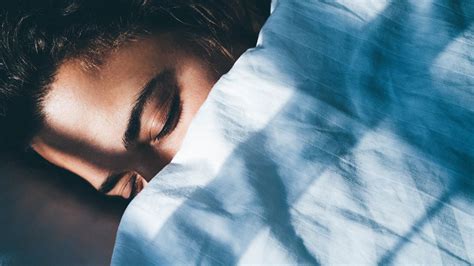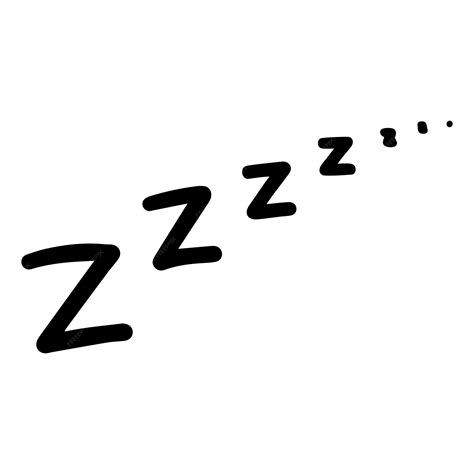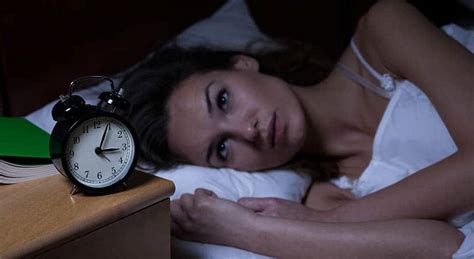How to optimize sleep for men’s recovery, hormone health & peak energy?

The Critical Role of Sleep in Men’s Overall Health
For men, sleep is far more than just rest; it’s a fundamental pillar supporting physical recovery, hormonal balance, and peak cognitive and physical energy. In today’s demanding world, many men undervalue or compromise their sleep, often unaware of the profound ripple effects this has on their well-being. From muscle repair after a strenuous workout to the crucial production of testosterone, quality sleep is non-negotiable for men looking to thrive.
Understanding the intricate relationship between sleep and male physiology is the first step toward unlocking a higher level of health and performance. This article will delve into the science behind effective sleep, its direct impact on key male hormones, and actionable strategies you can implement to optimize your sleep for maximum benefit.
The Science of Sleep: More Than Just Shut-Eye
Sleep is not a passive state but an active process involving several distinct stages, each vital for specific bodily functions. Non-REM sleep (NREM) includes light sleep, which prepares your body for deeper rest, and slow-wave sleep (SWS), or deep sleep, which is critical for physical recovery, tissue repair, and the release of growth hormone. REM sleep, characterized by vivid dreams, is essential for cognitive functions like memory consolidation, emotional processing, and problem-solving.
Disruptions to any of these stages can significantly impact how well your body and mind recover. For men, consistent, uninterrupted sleep cycles are paramount for muscle regeneration after exercise, immune system robustess, and overall cellular repair, ensuring you wake up feeling truly refreshed and ready to perform.

Sleep’s Profound Impact on Male Hormones
One of the most critical aspects of sleep for men is its direct influence on hormone regulation, particularly testosterone. Studies consistently show that insufficient sleep drastically lowers testosterone levels. For example, just one week of sleep deprivation (less than 5 hours per night) can reduce testosterone levels by 10-15% in healthy young men – an effect comparable to aging 10-15 years.
Beyond testosterone, sleep also regulates other vital hormones: growth hormone, crucial for muscle building and fat metabolism, is predominantly released during deep sleep. Cortisol, the stress hormone, is also regulated by sleep; chronic sleep deprivation can lead to elevated cortisol, contributing to increased belly fat, muscle breakdown, and insulin resistance. Optimizing sleep is, therefore, a powerful lever for maintaining hormonal balance, which underpins energy, libido, and mood.

Actionable Strategies for Optimal Sleep
1. Establish a Consistent Sleep Schedule
Your body thrives on routine. Going to bed and waking up at roughly the same time every day, even on weekends, helps to regulate your circadian rhythm. This internal clock dictates your sleep-wake cycle and can significantly impact the quality of your sleep. Consistency teaches your body when to be awake and when to be asleep.
2. Create a Sleep-Friendly Environment
Your bedroom should be a sanctuary for sleep. Aim for a dark, cool, and quiet space. Block out all light using blackout curtains, keep the thermostat between 60-67°F (15-19°C), and minimize noise with earplugs or a white noise machine. A comfortable mattress and pillows are also essential investments in your sleep health.

3. Limit Blue Light Exposure
The blue light emitted from screens (phones, tablets, computers, TVs) suppresses melatonin production, the hormone that signals to your body it’s time to sleep. Implement a digital curfew, ideally 1-2 hours before bed, or use blue light blocking glasses and night mode settings on your devices.
4. Optimize Your Diet and Exercise Timing
While regular exercise promotes better sleep, intense workouts too close to bedtime can be stimulating. Aim to finish vigorous exercise at least 3-4 hours before sleep. Similarly, be mindful of your diet: avoid heavy, rich meals late at night. Limit caffeine intake past early afternoon and restrict alcohol, which can disrupt sleep cycles even if it initially makes you feel drowsy.
Advanced Tips and When to Seek Professional Help
Beyond the basics, consider these advanced strategies: Magnesium supplementation can help with relaxation and sleep quality, but always consult a doctor before starting any new supplement. Practicing mindfulness or meditation before bed can calm a racing mind, and journaling can help offload worries. Short, strategic power naps (20-30 minutes) can boost alertness without impacting nighttime sleep, but avoid longer naps, especially in the late afternoon.

If despite implementing these strategies, you still struggle with persistent sleep issues – such as chronic insomnia, excessive daytime fatigue, or loud snoring (a potential sign of sleep apnea) – it’s crucial to consult a healthcare professional. A sleep study or medical evaluation can identify underlying disorders and provide tailored treatment plans to help you reclaim restorative sleep.

Conclusion: Prioritizing Sleep for a Fulfilling Life
Optimizing sleep for men is not a luxury; it’s a necessity for robust recovery, balanced hormones, and sustained peak energy. By understanding the science, making informed lifestyle choices, and creating an environment conducive to rest, you can significantly enhance your quality of life. Make sleep a top priority, and experience the profound benefits of waking up refreshed, re-energized, and ready to tackle whatever the day brings with optimal health and vitality.









